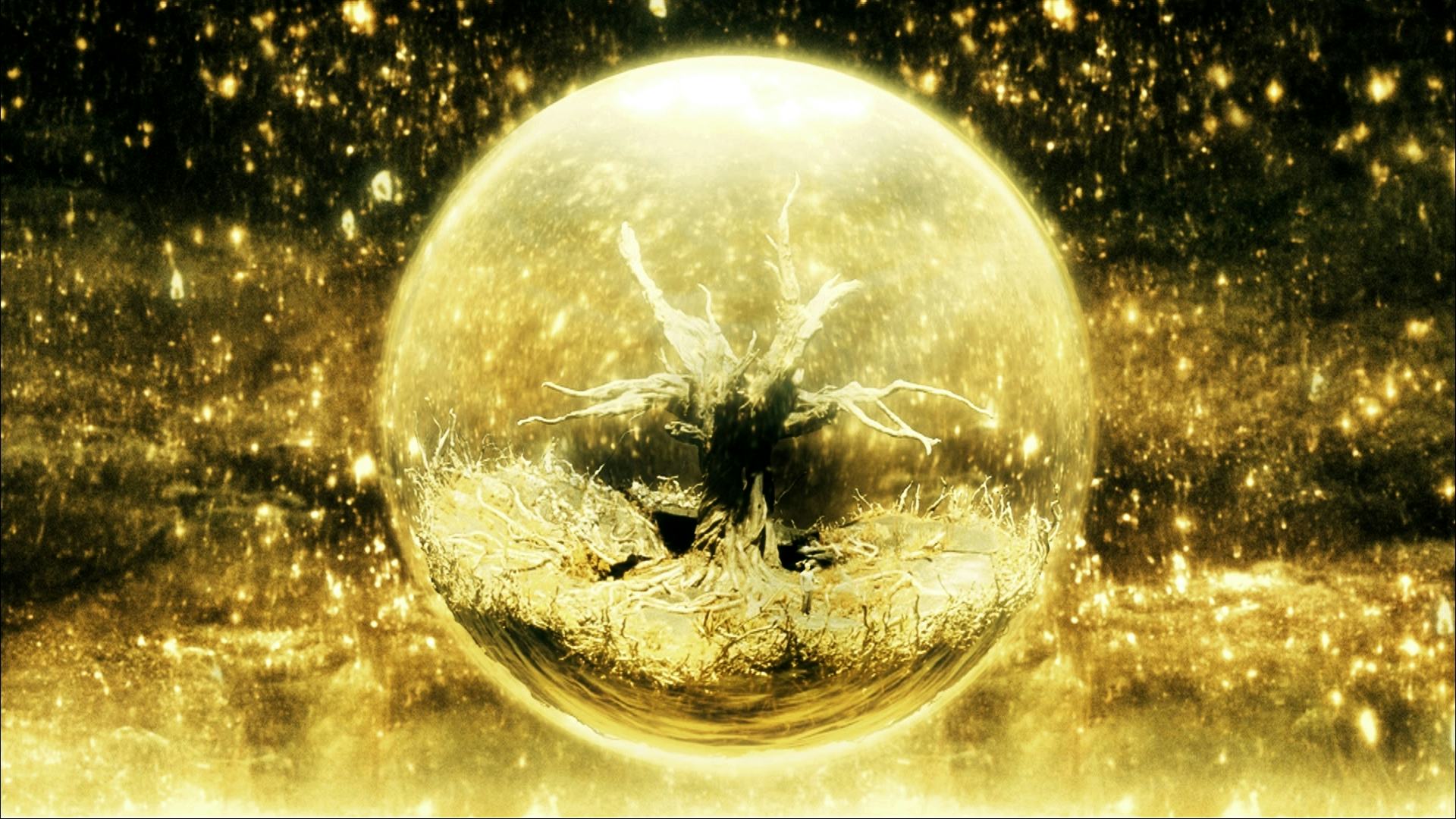
Chris Hemsworth realized he might have made a mistake when he fully submerged in Arctic waters.
“It's one thing to be swimming in an ice bath with your head out of the water, but once I put my head in and I'm swimming and going for it, it was one of the worst pains I've ever felt, this sort of ice cream headache,” the actor best known portraying Thor Odinson in the Marvel Cinematic Universe tells Inverse.
But this wasn’t a stunt for the latest Avengers movie. Instead, Hemsworth had teamed up with director Darren Aronofsky for Limitless with Chris Hemsworth, a National Geographic series exploring the concept of longevity (how humans can live better for longer) by taking on a series of physical challenges from swimming in Norway to climbing a skyscraper to confronting his own mortality. (Although some of the science spotlit in the show is theoretical at best.)
For Darren Aronofsky, best known for directing psychological thrillers like Requiem for a Dream, Black Swan, and 2022’s The Whale, the idea for Limitless began with one of his most experimental movies, The Fountain. In the 2006 drama, Hugh Jackman plays a scientist trying to find the breakthrough cure for his wife’s cancer. His motivation for making this show now stems from the ramping up of scientific interest in slowing or even reversing the ill-effects of aging.
“At the time, the ideas of longevity science that were in there were total science fiction,” Aronofsky tells Inverse. “But now it's become something that a lot of people are talking about, death being a disease.”
In the show, Hemsworth approaches each challenge in true superhero fashion. When he falters, he gathers his strength and ends triumphant. Some of the stunts are terrifying to watch, making the murky science of aging (and how to slow it) appear all the more fascinating. But the final episode is the undoubted highlight, when instead of fighting getting older, Hemsworth is forced to confront aging and his own mortality in spectacular and poignant fashion.
In conversation with Inverse on the eve of the show’s premiere, Hemsworth and Aronofsky talk to Inverse about life, death, and why viewers should (re)watch The Fountain.
The following interview has been lightly edited for clarity and brevity.
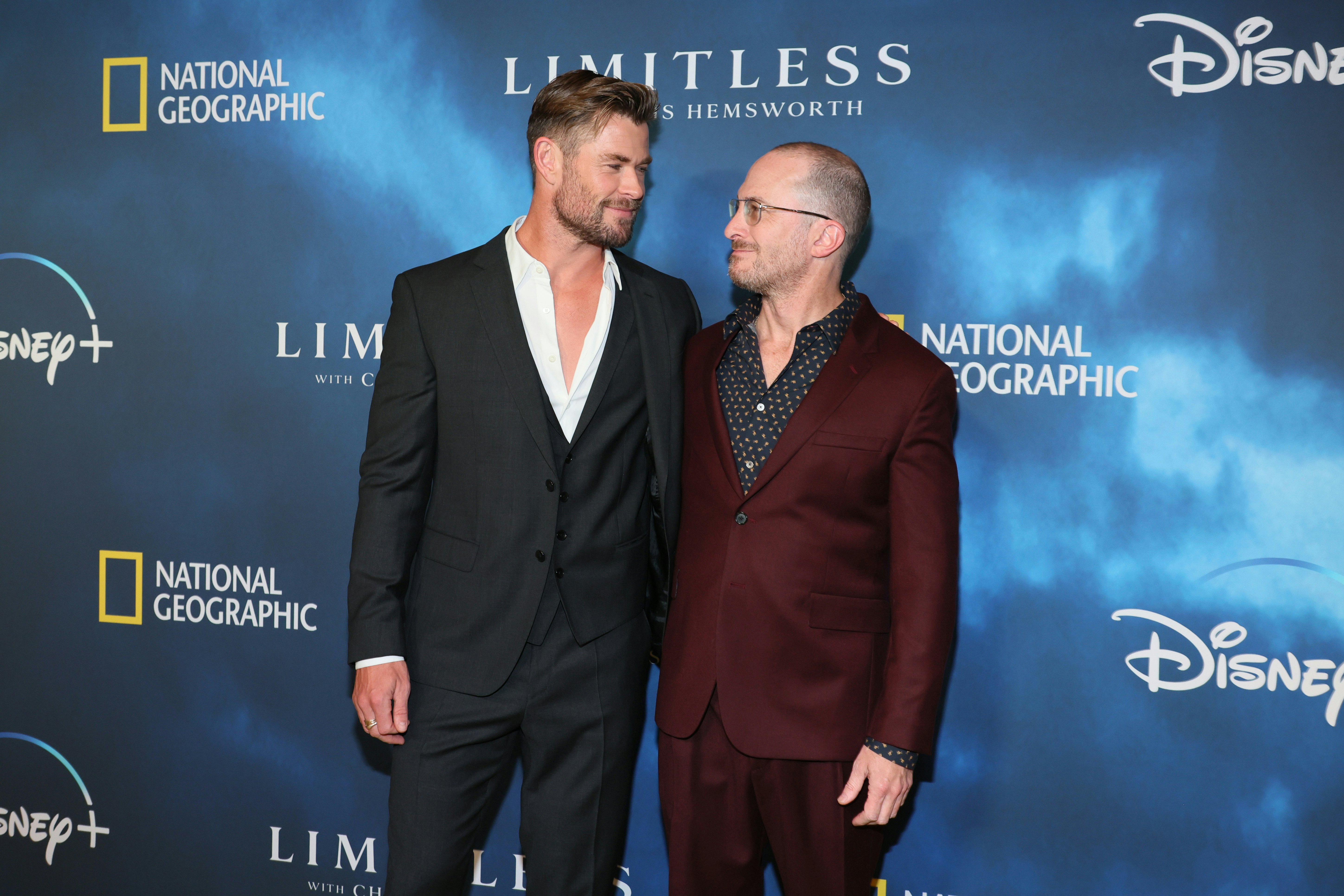
Inverse: What made you want to make a show about longevity?
Darren Aronofsky: I guess this all began when I turned 30. That's kind of a number that appears in your life and for the first time you're like, “Oh one day I'm going to be 50 then 75 and I’m going to die.” And at the same time, both my parents were diagnosed with cancer so death was floating in the air. That's when I started to write a film I did a while ago called The Fountain, which was about a guy searching for the tree of life or the fountain of youth. At the time, the ideas of longevity science that were in there were total science fiction. There was one line Hugh Jackman said which said death is a disease and I'll find a cure. And at one point I cut it out of the movie because I thought it was ridiculous and everyone would laugh at it. But now it's become something that a lot of people are talking about, death being a disease.
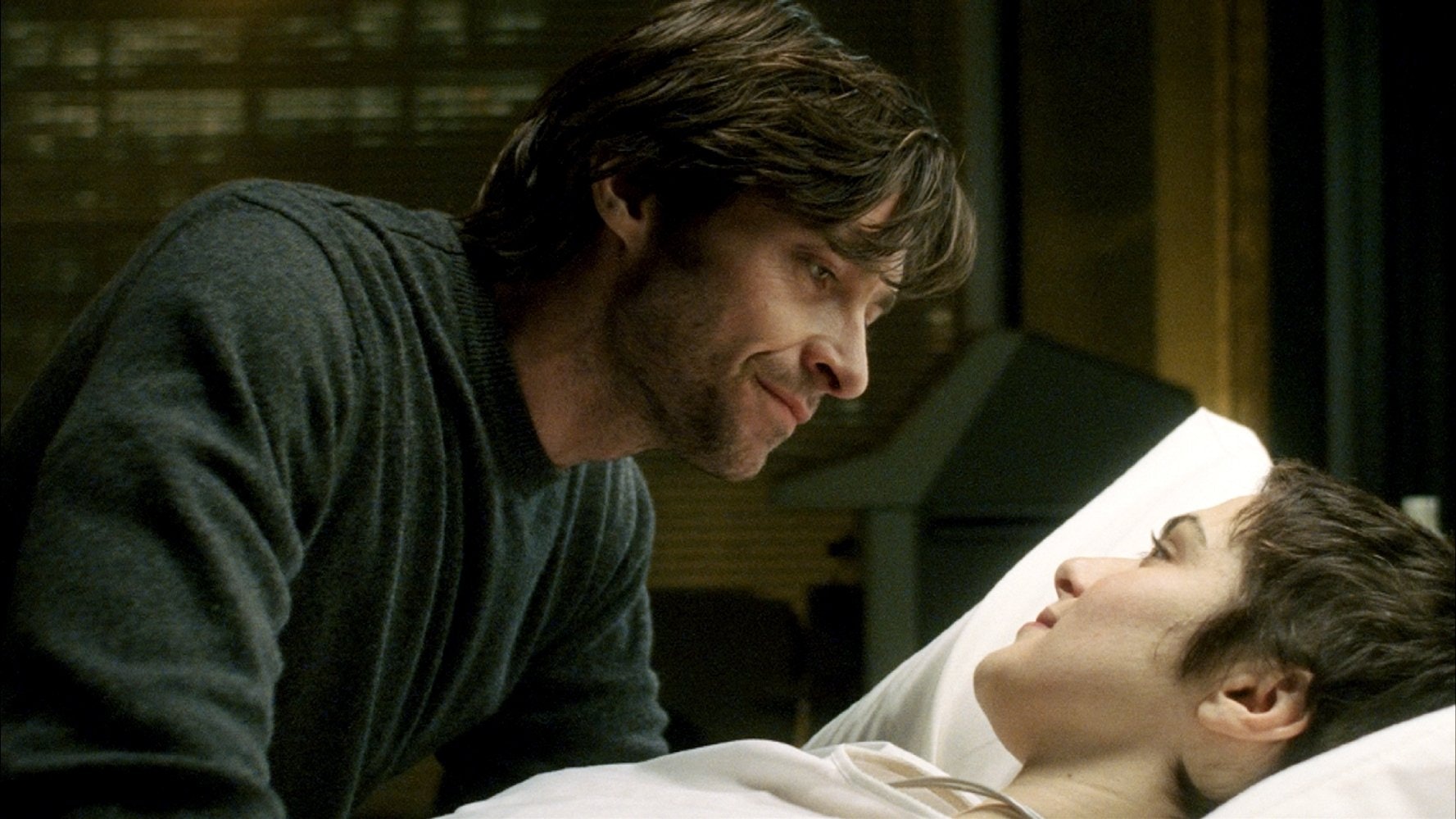
So over the years, I've been paying attention to the science. And just seeing billions of dollars from the Boomers and Gen X going into it as they get closer to death and suddenly it was like, wow it's in pop culture, there's a show here.
So I started to develop it as an idea and then we started to think about who could be our everyman or host who could lead us through the science and demonstrate it for us, and the idea of Chris came up which was exciting because he is an expert in health and fitness and has explored a lot of the science on his own.
Chris, which of the stunts were the absolute worst for you?
Chris Hemsworth: I think the most challenging was the swim in the Arctic. I've done a few ice baths here and there but in Australia in warmer temperatures and breathing in warm air. And then we arrive in Norway and we get there and it's literally snowing and there's ice all on the edge of the body of water I was going to swim in.
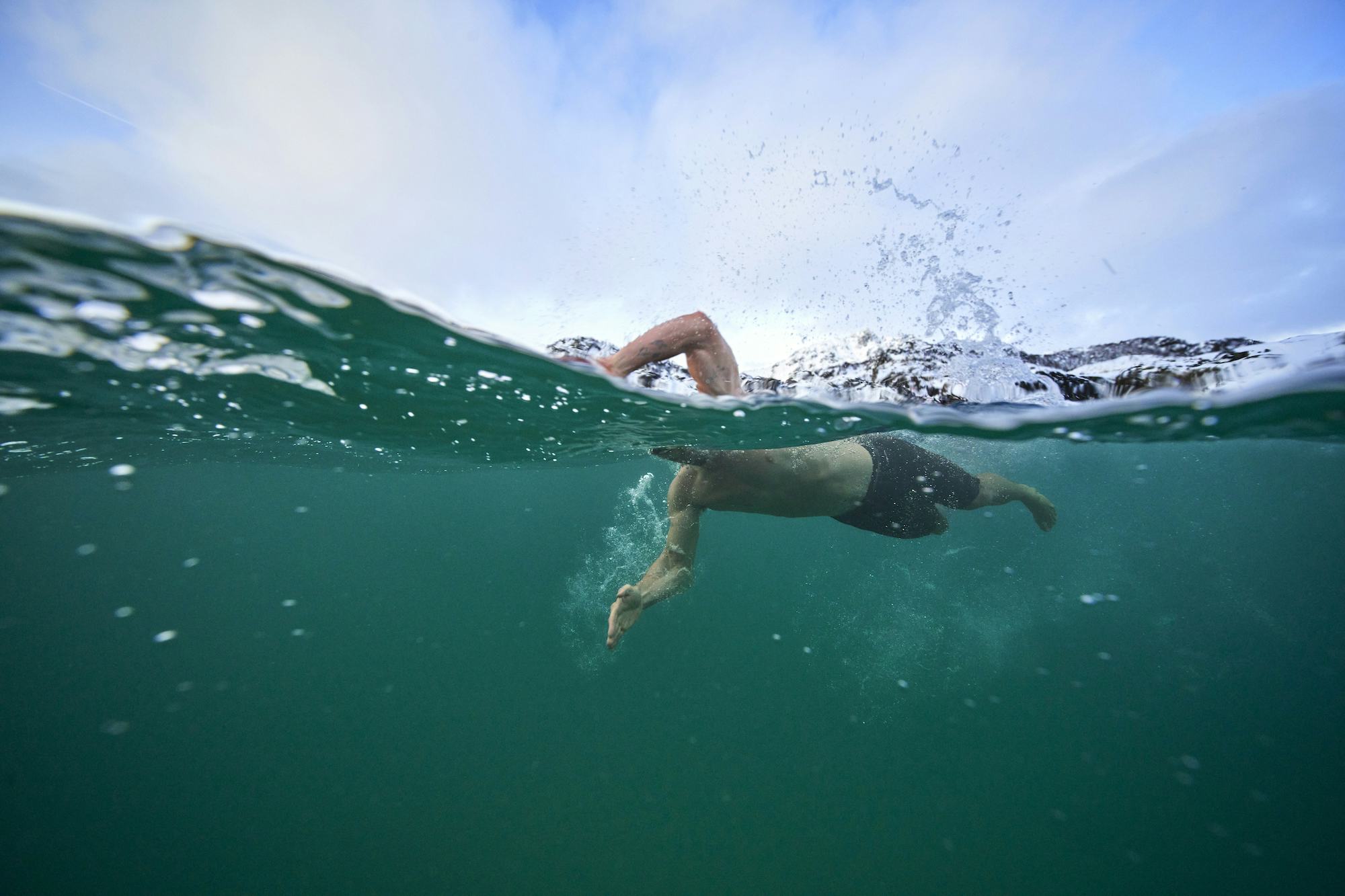
It's one thing to be swimming in an ice bath with your head out of the water, but once I put my head in and I'm swimming and going for it, it was one of the worst pains I've ever felt, this sort of ice cream headache.
It was about a 300-meter swim and I got about 100 meters into it and I realized I was swimming off course and there were a couple of camera guys in the water going, “No no it's that way.” So I added a little distance to my swim. I felt dizzy, I felt like I was going to throw up at one point. My arms and legs became like lead balloons.
On the show, each episode tells us what longevity techniques you’d be attempting to continue with, which of those have you kept up?
Chris Hemsworth: I did a bit of intermittent fasting for a while there. I haven't done another four-day fast, that was pretty excruciating. I do a lot of ice baths now, a lot of saunas. The memory episode and looking at brain health and reducing stress became very, very important for many reasons. That's something that I've now been implementing day to day whether it be meditation or taking moments and having quieter moments throughout my day and taking pause and sitting in stillness as opposed to just jumping from one thing to another.
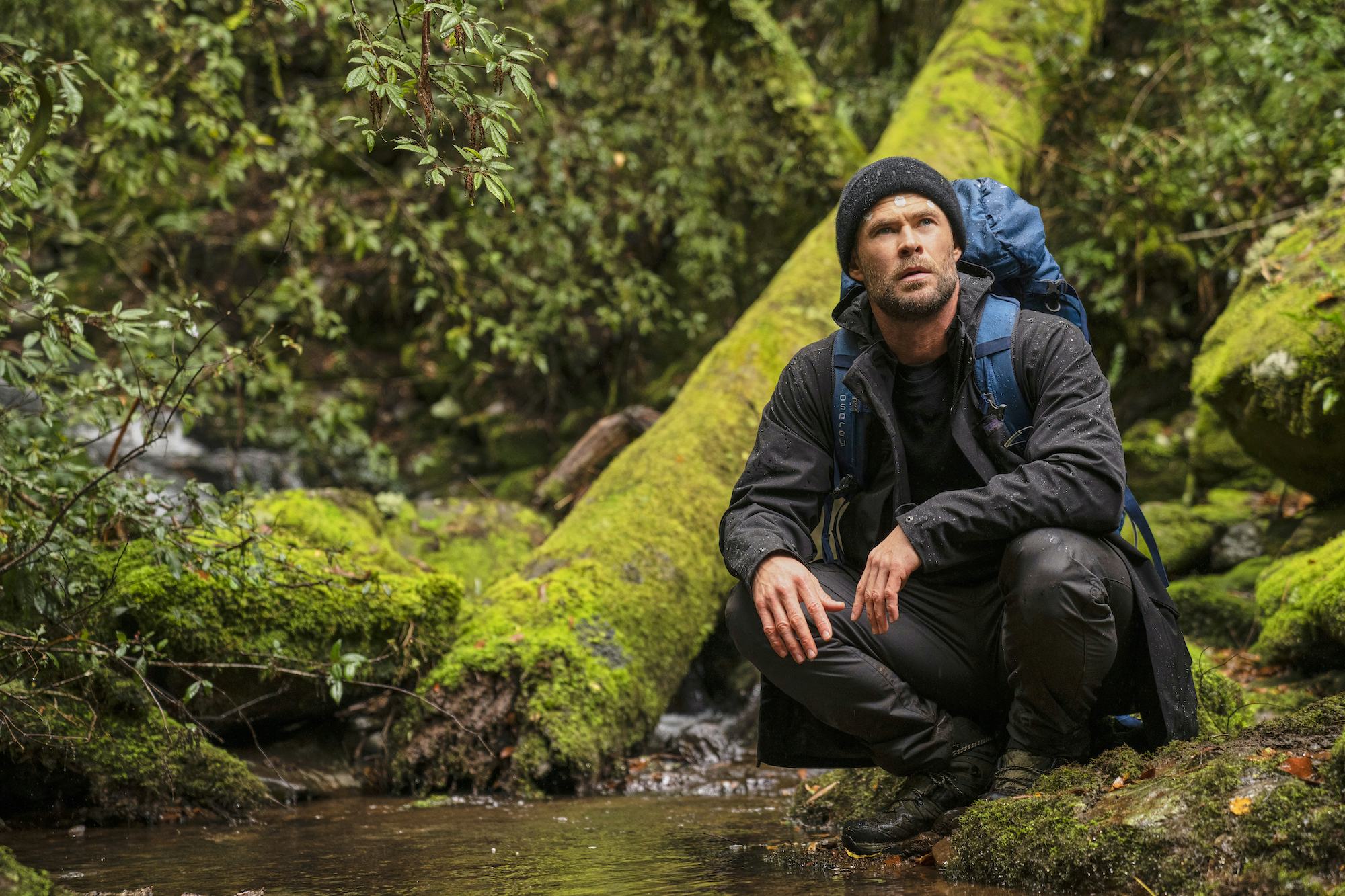

Some of the science of longevity is quite out there, how did you choose what to include?
Darren Aronofsky: I guess it's peer-reviewed science. There's not a lot of science on cold immersion right now but just recently some new stuff has started to come out. But we decided to include some of that because there just seemed to be enough stories floating around and my own personal experience; I had incredible benefits from it. A lot of this is very cutting-edge stuff where the real science hasn't been done yet. There's definitely science behind sauna and heat, so that was a very easy thing to include. And most everything we've done has a lot of evidence pointing at it but science is always changing, it's always being challenged, and new information is always coming up, But I think bringing attention and having attention usually has benefits.
My own personal thing about immortality and kind of what the point of The Fountain that I arrived at back in 2006, is death is actually an important part of life in the sense that there's an emotional heart. A story without an ending is no longer a story, it doesn't really mean anything.
Which leads us to the final episode. Chris, it looked like it was emotionally grueling, how did you feel after that episode?
Chris Hemsworth: It was, it was quite confronting to be acting out my end of days and my death.
It was incredibly unique and if I hadn't done the show I wouldn't have done anything like it anywhere else in life short of the actual experience of my death. And it gave me a wonderful sense of gratitude and appreciation.
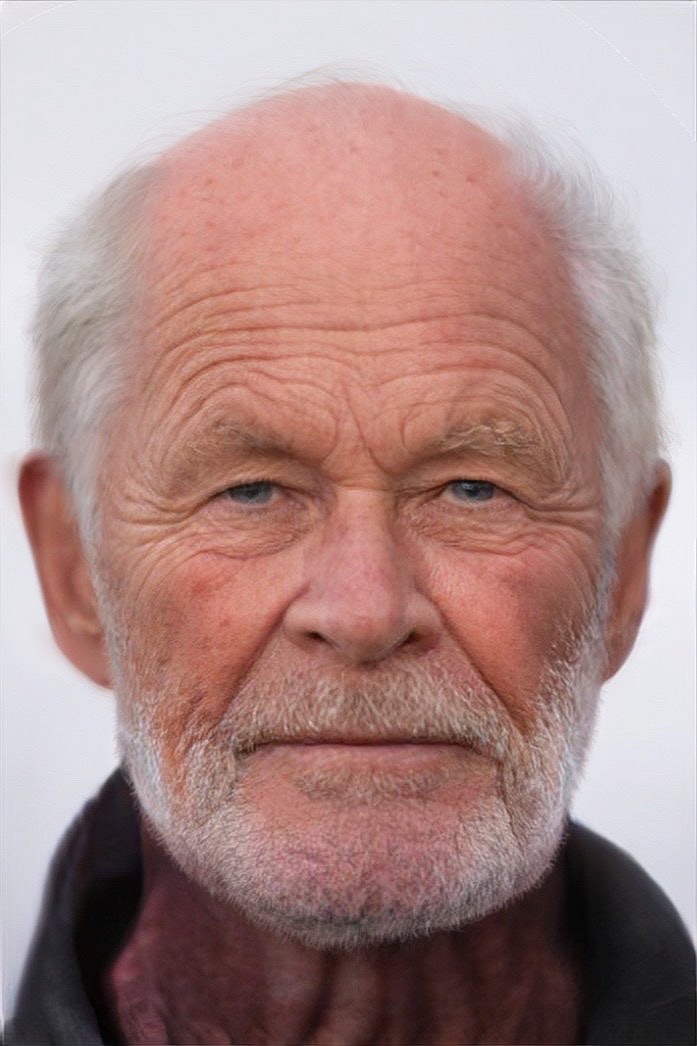

It's been a lot of years feeling like I was on a treadmill and moments passing me by and quickly onto the next thing after I've achieved one thing. And having to sit there and imagine that this is my last moment on Earth, made me realize, how would I want that to be. Who would I want around? And I realized it was my family and close friends and you know what, that's every other Sunday and I have that, everything I ever wanted is right here in front of me and how lucky I am.
I think that's what the science leans towards and talks about, by not being fearful of death but accepting it, you're then letting in life and there's a greater sense of oneness with everything that is right here and now and a great appreciation because of the fragility of it and also the beauty of it too.
And what was it like being surprised by your wife? [Elsa Pataky appears in the final episode made to look 85 years old.]

Chris Hemsworth: We both got quite emotional in that beat, for different reasons. My wife said she felt so vulnerable, we hadn't seen each other for a couple of weeks, I was working a lot, and then we were brought together in this scenario. I didn't know she was going to be there and then she was in prosthetics as an 85-year-old. There's a vulnerability there, she didn't know what my reaction was going to be. I sensed that also but then very quickly that went away and it was the two of us there, and the realization that we're in this together was very prominent.
It's absurd in a wonderful way. I had no idea what I was walking into through that episode and each day it was something very unique and shocking.
Darren Aronofsky: It's definitely a career highlight because it was months of planning. Seven months before I was with Chris at his home in Australia and at a certain point when he wasn't around I went up to his wife and said can we talk?
I continued to plot with his wife over time. I did not consider that whole thing about how vulnerable it would make her, it wasn't something that went through my consideration but it makes total sense. If you were a vain, little, shallow man…
Chris Hemsworth: I don't think she feared I was going to do that, it was just a very confronting thing to do. And she talked about it in the episode, looking in the mirror and going, ‘Oh wow this is even more real, we're all talking about death but this is me in the last years of my time.’
Limitless with Chris Hemsworth is streaming now on Disney+.






